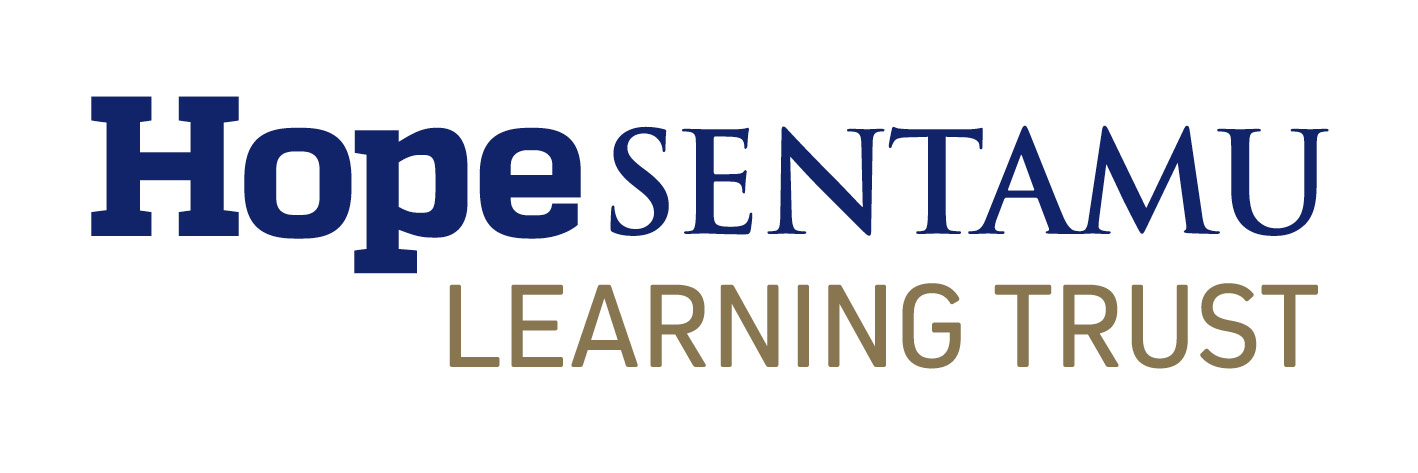- Home
- About us
- Vision and Values
- Our Schools
- Archbishop Sentamu Academy
- Aspire Academy
- Barlby High School
- Burton Green Primary School
- The Compass Academy
- Forest of Galtres Anglican Methodist Primary School
- George Pindar School
- Graham School
- Manor CE Academy
- Newland St John’s CE Academy
- Poppleton Ousebank Primary School
- Skelton Primary School
- St James’ CE Academy
- Vale of York Academy
- Key Information
- Central Services Team
- Our Partners
- Joining the Trust
- Admissions Consultation
- British Values
- Our Research
- Vacancies
- Governance
- Support
- Train to Teach
- Development
- Vacancies
- Contact




